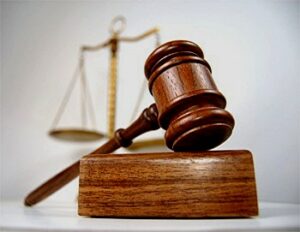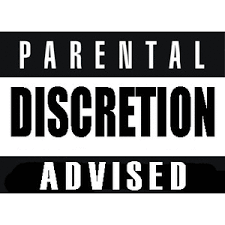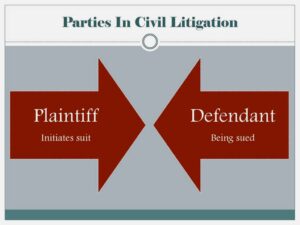
Contrary to what many believe, it is not illegal for a person to secretly record a private conversation to which that person is a party and therefore consents to the recording is contemplated under section 184 of the criminal code.
There are many precedents in which surreptitious audio recordings made by non state agents have been admitted and relied upon as evidence in civil proceedings.
Some of those decisions are:
- Evans v . Teamsters Local Union No.31 YKCA 14 at paragraph 8;
- Palovics v Barta 2012 BCSC 621 at para. 21 – 22
- Silverhill Homes v . Borowski 2019 BCCA 227 at para.38;
- Finch v Finch 2014 BCSC 653 at para.62;
- Lam v Chui 2012 BCSC 440 at para.20 – 32
However, in Cook v Kang 2020 BCSC 575 the court distinguished the above-noted cases by reason of the facts that the plaintiff made secret audio recordings during a medical examination, which took place pursuant to a court order under Rule 7-6.
The court referred to the case of Wong v Wong 2006 BC CA 540 as authority for the proposition that while a judge or master does have discretion to per minute a recording of an independent medical examination, that discretion to permit recording should rarely be exercised.
The court stated that in the context of a personal injury lawsuit, and in the context of an independent medical examination, the British Columbia Court of Appeal has stated that a plaintiff is not entitled to record the examination without first obtaining leave of the court.
The examiners appointment under a court ordered independent medical examination makes the examiner an officer of the court for that limited purpose. To allow the recording of such an examination in the face of clear authority that leave must first be obtained, would bring the administration of justice into disrepute.
The court ought not to sanction the conduct of the party and doing’s surreptitiously that which he or she could not do otherwise, except with leave of the court. The court must have some jurisdiction to ensure that its processes not abused in this way. That discretion must be the discretion to rule that such unlawfully obtained evidence is inadmissible.




